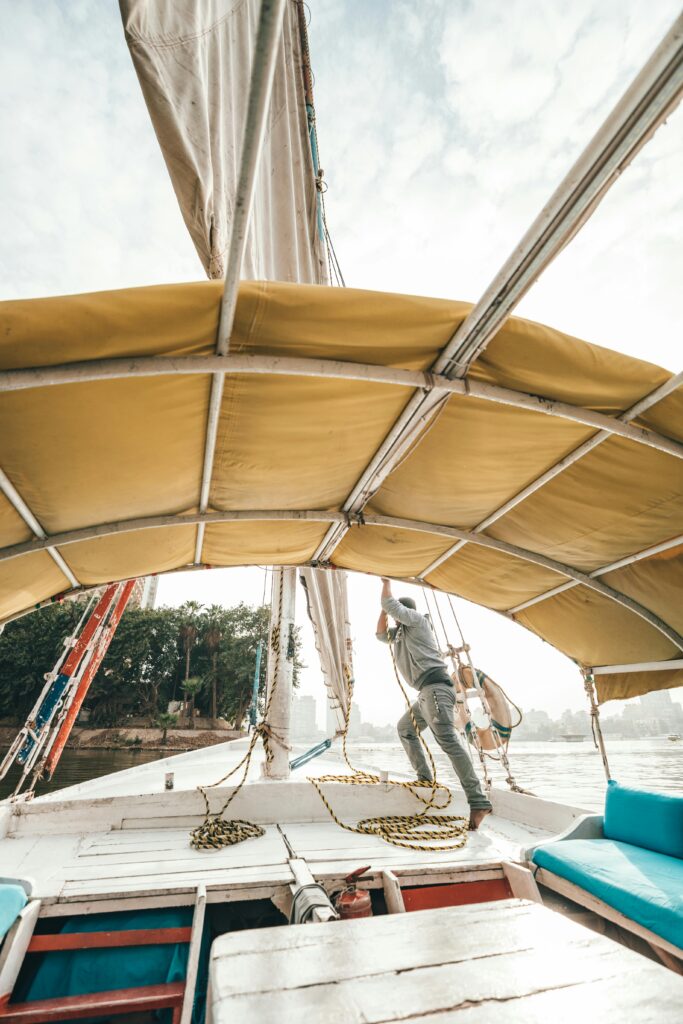Fuel spill liability coverage is an important but often overlooked part of boat insurance that protects you financially if your vessel accidentally leaks or spills fuel into the water. Spills can happen due to collisions, sinking, equipment failure, or even during refueling. Since environmental damage from fuel or oil spills is taken very seriously, boaters can be held legally responsible for cleanup costs, fines, and penalties.
This coverage helps pay for the containment and cleanup of the spill, as well as any related environmental damage. Without it, you could face significant out-of-pocket expenses—even if the spill was accidental. In many cases, federal and state laws require immediate action and response to any discharge of pollutants, and the financial liability can be substantial.
Fuel spill liability is typically included in most marine liability policies, but it’s important to check your specific policy limits and exclusions. For boat owners with inboard motors, fuel tanks, or larger vessels, having adequate fuel spill coverage is essential to staying compliant with environmental regulations and protecting yourself from serious financial risk. START A QUOTE⮕










